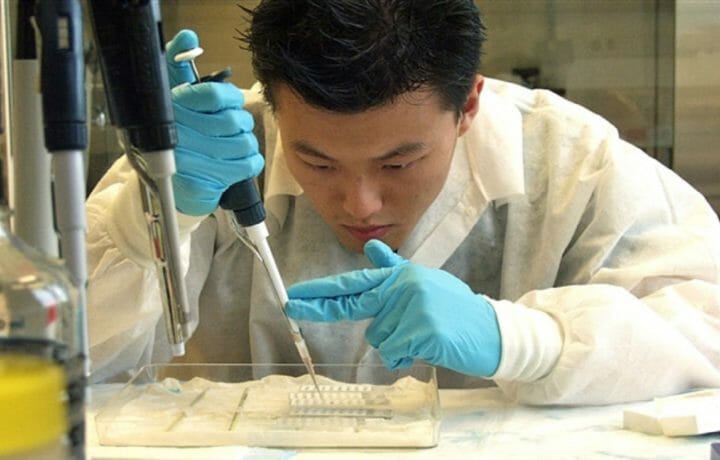China’s 1000 Talents Program engages more than 70,000 specialists in sharing their knowledge and expertise with China. The Chinese program is landing U.S. scholars in deep water. Many have been working to keep their relationship with China secret from their employers. While it is not illegal to be a participant in the 1000 Talents Program, it is illegal to abscond with the intellectual property of others, participate in fraud and fail to pay taxes on income from China.
China is a recognized counterintelligence threat, and the 1000 Talents Program is well documented as one of many avenues used by Chinese intelligence to acquire advanced technologies. According to U.S. counterintelligence briefs, China is quick to turn the seemingly overt relationship where the free exchange of ideas takes place to one where China incentivizes the illegal transfer of knowledge to China.
Academia is the incubator of some of the most advanced research in the world, often involving funds from U.S. government entities such as National Institutes of Health, Department of Defense, National Security Agency, etc.
In October 2018 the National Institutes of Health (NIH) opened investigations in about a half-dozen research institutions (all not yet identified publicly). NIH noted that researchers were being looked at for a number of reasons to include:
- Failure to disclose substantial contributions of foreign resources;
- Theft of research and intellectual property to foreign countries; and
- Violation of confidential peer review.
This has led a number of universities to conduct their own internal investigations into the role of the 1000 Talents Program within their institutions.
Emory University & 1000 Talents Program
Emory University is one of the institutions that fell under FBI and NIH investigation. The university was informed that two neuroscientists were being investigated for failure to disclose research funding and their connections to Chinese entities to NIH (and the University).
A spokesperson for the university shared, “Emory discovered that two of its faculty members named as key personnel on NIH grant awards to Emory University had failed to fully disclose foreign sources of research funding and the extent of their work for research institutions and universities in China. Emory has shared this information with the NIH, and the faculty members are no longer employed at Emory.” The Chinese researchers’ work was focused on Huntington disease.
The two individuals, Xiao-Jian Li and his wife, Shihua Li, were both working under a number of NIH grants. Xioa-Jian Li held a leadership role within a laboratory in the Department of Human Genetics within Emory’s school of medicine and hosted four Chinese post-doctoral students. Following the revelations, Emory closed the lab. This resulted in the post-doctoral students having to return to China.
Court documents reveal he applied for and was accepted into the 1000 Talent Program in 2011. While he did not hide his relationship with the Chinese Academy of Sciences, he failed to inform that he was hired to be the Research Team Leader at the Institute of Genetics and Developmental Biology and to set up research which paralleled his research at Emory University.
On May 8, Xiao-Jian Li pleaded guilty to filing a false tax return and was sentenced to a year’s probation, and ordered to pay restitution, and refile the tax returns for the years 2012-2018 to reflect the nearly $500,000 he received from China and omitted on his original returns.
China’s 1000 Talent Program continues to percolate to the surface insiders who are willing to bend the rules for China’s benefit.




